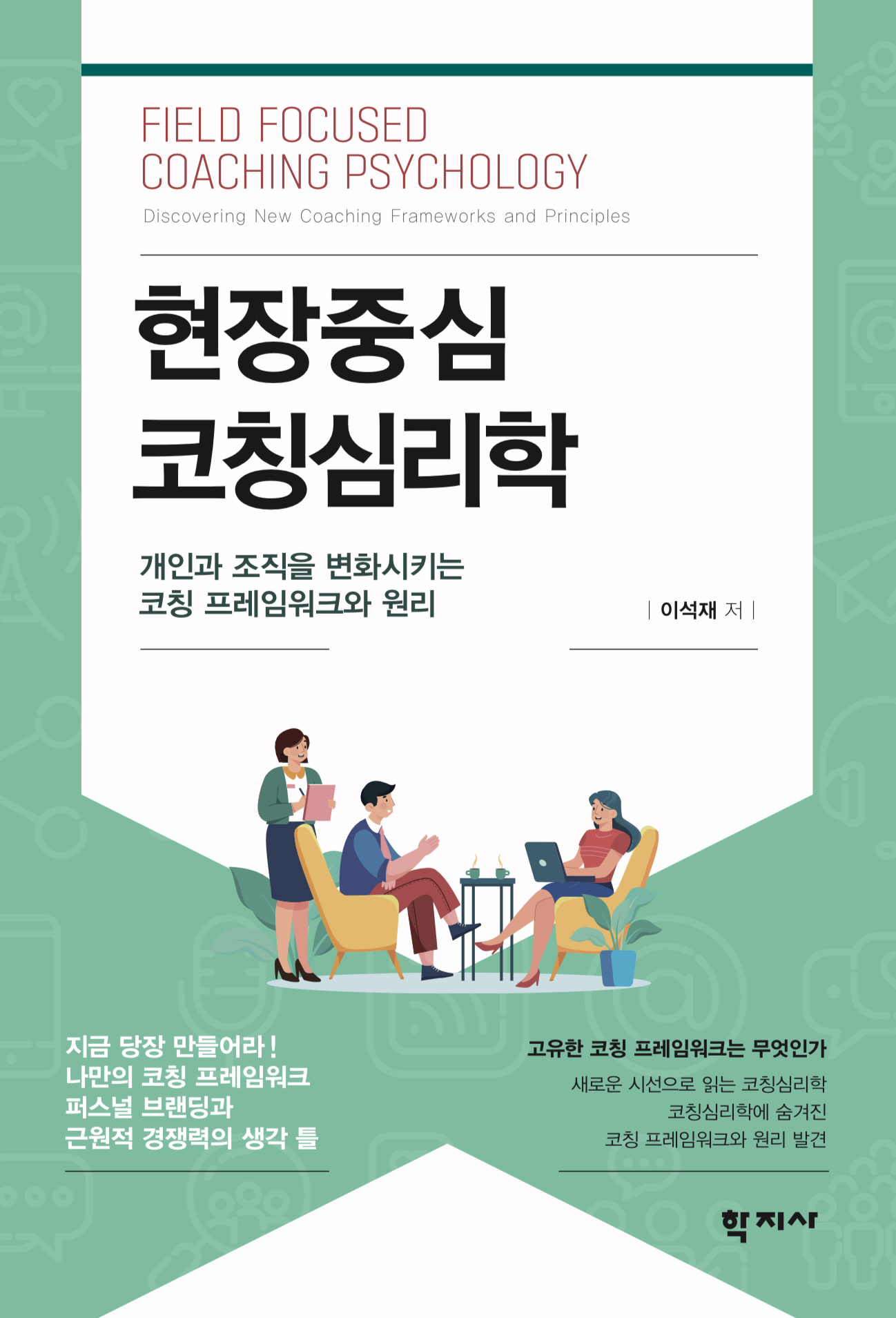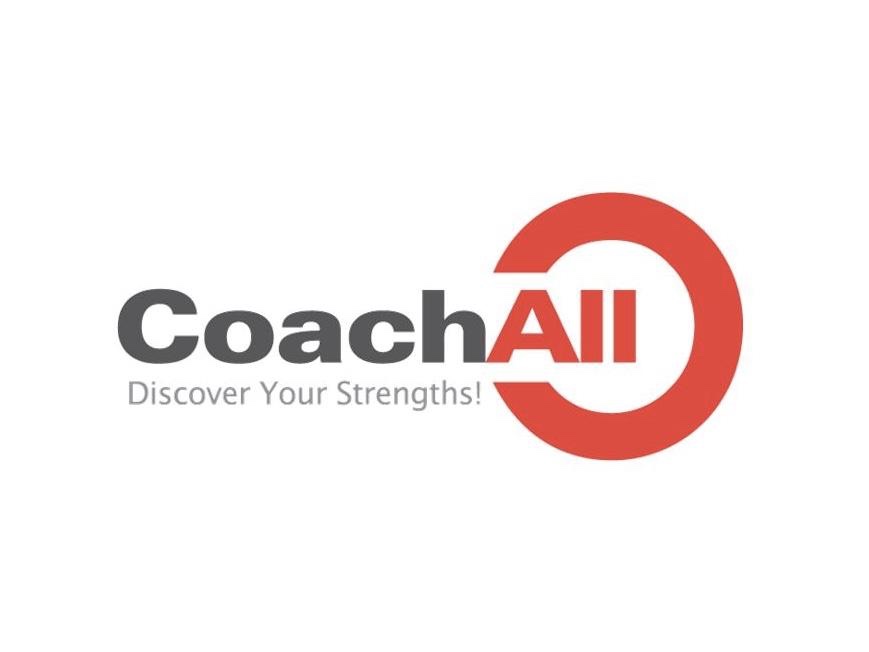| 일 | 월 | 화 | 수 | 목 | 금 | 토 |
|---|---|---|---|---|---|---|
| 1 | 2 | 3 | 4 | 5 | 6 | 7 |
| 8 | 9 | 10 | 11 | 12 | 13 | 14 |
| 15 | 16 | 17 | 18 | 19 | 20 | 21 |
| 22 | 23 | 24 | 25 | 26 | 27 | 28 |
- 원하는 결과
- 코칭방법론
- 떠도는 마음 사용법
- 코치올
- 미위마인드 mewemind.com
- 효과성 코칭
- 현징증심 코칭심리학
- thinking partner
- 씽킹 파트너
- 효과성 프레임워크
- 생각 파트너 이석재
- 3S-FORM Coaching Model과 뇌과학의 결합
- Coach Sukjae Lee
- 실행력을 높이는 코칭심리학 수업
- 관점 코칭
- 이종서 코치
- 관점 전환
- 생각 파트너 이석재생
- 효과성 코칭 모델
- 코칭심리학 공부방
- Effectiveness Coaching Methodology
- 결정적 행동
- 효과성 코칭 방법론
- 3S-FORM Coaching Model
- Effectiveness Coaching
- Sukjae Lee Ph.D.
- 경영심리학자의 효과성 코칭
- 증거기반코칭
- 현장중심 코칭심리학
- Effectiveness Coaching Model
- Today
- Total
코치올
Effectiveness Coaching: Competitive Strength at Work 본문
Effectiveness Coaching: Competitive Strength at Work
생각파트너 이석재 2025. 11. 18. 13:13Sukjae Lee Ph.D.
Creator of the Effectiveness Coaching Methodology
2025. 11. 18
Google Gemini's answer is as follows:
🌟 Effectiveness Coaching: Competitive Strengths at Work
Effectiveness Coaching possesses significant competitive strength in the professional and organizational development landscape because it is uniquely focused on measurable, actionable results directly tied to business performance.
Its key advantages, especially compared to more general life coaching or traditional training, are outlined below:
1. Results-Oriented and Measurable Focus
The greatest strength of effectiveness coaching is its explicit link to organizational performance and return on investment (ROI).
* Evidence-Based (Data-Driven): Coaching often begins with objective data like 360-degree feedback, performance reviews, or competency assessments. This diagnostic approach identifies specific gaps, ensuring the coaching effort is precisely targeted where the business needs improvement.
* Focus on Measurable Outcomes: The core methodology (like the 3S-FORM model) sets SMART goals that are tied to business metrics (e.g., leadership scores, project completion rates, team engagement index). This provides concrete evidence of success, making the value of the coaching program clear to stakeholders.
2. Sustainability through Behavioral Change
Unlike training, which focuses on knowledge transfer, effectiveness coaching focuses on establishing sustainable, effective habits.
* Bridging the Knowing-Doing Gap: It actively works to move the client from understanding what to do (Knowledge) to consistently doing it (Behavioral Change).
* Internal Locus of Control (3S): By emphasizing Self-awareness, Self-talk, and Self-reflection (3S), the client develops the internal mechanism to continue growing and solving problems after the coach leaves. This makes the investment long-lasting.
3. High Specificity and Contextual Relevance
Effectiveness coaching is highly tailored to the individual's specific work environment and challenges.
* Contextualized Problem Solving: The coaching addresses real-time, work-related challenges (e.g., managing a difficult team member, navigating organizational politics, leading a new strategic initiative). The solutions are immediately applicable.
* Targeted Skill Development: It avoids a general curriculum in favor of pinpointing the one or two critical behaviors that will unlock the most significant performance increase for that specific leader or employee.
4. Integration of Internal Growth with External Action
The methodology successfully integrates both the internal and external drivers of success.
* Internal Work (3S) drives External Action (FORM): By addressing the client's mindset, beliefs, and emotional intelligence (3S), the coaching ensures that the external actions and goals (FORM) are not superficial but are rooted in a deep, conscious commitment. This integration leads to more authentic and consistent leadership.
In short, the competitive advantage of effectiveness coaching lies in its ability to generate quantifiable results by creating deeply ingrained, contextually relevant behavioral change that persists long after the coaching engagement is complete.
 |
 |
 |
References
Lee, Sukjae (2006). Develop 18 Core Leadership Competencies. Seoul: Kim & Kim Books.
Lee, Sukjae (2014). Effectiveness Coaching by a Business Psychologist. Seoul: Kim & Kim Books.
Lee, Sukjae (2019). Thought Revolution That Changes My Life. Seoul: Wildbooks.
Lee, Sukjae (2020). Coaching Methodology. Seoul: Korea Coaching Supervision.
Lee, Sukjae (2020). How to Use a Wandering Mind. Seoul: Plan B Design.
Lee, Sukjae (2023). Field-Focused Coaching Psychology. Seoul: Hakjisa.
Lee, Sukjae (2024). Coaching Psychology Class for Boosting Execution. Seoul: Hakjisa.
Lee, Sukjae (2024). Thinking Partner. Gyeonggi: Moa Books.
Lee, Sukjae & Lee, Jongseo (2025). Perspective Shift. Seoul: Parkyoungstory.
'3. 코칭심리연구 > 코칭심리 탐구' 카테고리의 다른 글
| The core concept of Effectiveness Coaching (0) | 2025.11.18 |
|---|---|
| Core Differences Between Effectiveness Coaching and General Coaching (0) | 2025.11.18 |
| Positive Outcomes made by Effectiveness Coaching (0) | 2025.11.18 |
| Self-Talk: Creating an Inner Supporter (0) | 2025.11.18 |
| Origin of Effectiveness Coaching (0) | 2025.11.18 |





